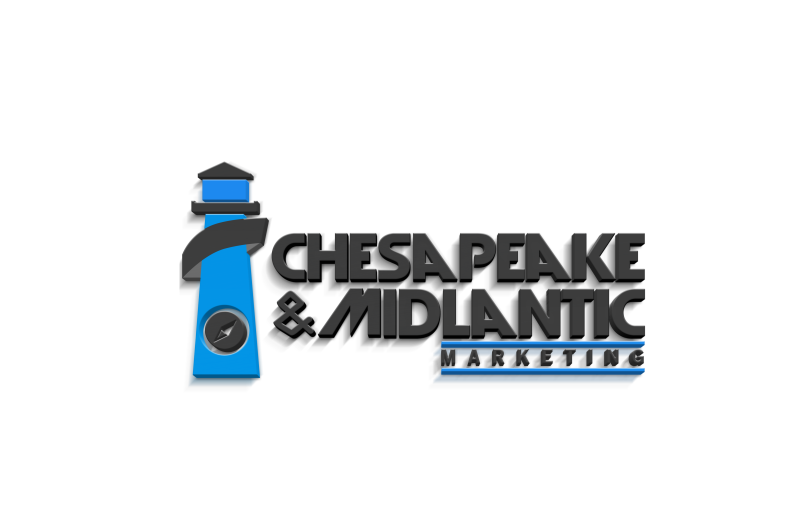
 Cybersecurity in the digital age - Artificial intelligence (AI) is changing all areas of our lives. As more video security cameras connect to the Internet of Things (IoT), the role of video security is changing. Cameras are no longer part of a “closed” system, solely focused on gathering, recording, and viewing images. They are transitioning into intelligent sensors that collect significantly more data than video security images alone. And since video data is often highly critical and sensitive, every component of the video security infrastructure, including cameras, storage devices, network communication, Public Key Infrastructure (PKI), and video management software, needs to be addressed. The surge in data collection also increases the risk of cybercriminals looking to steal sensitive data.
Cybersecurity in the digital age - Artificial intelligence (AI) is changing all areas of our lives. As more video security cameras connect to the Internet of Things (IoT), the role of video security is changing. Cameras are no longer part of a “closed” system, solely focused on gathering, recording, and viewing images. They are transitioning into intelligent sensors that collect significantly more data than video security images alone. And since video data is often highly critical and sensitive, every component of the video security infrastructure, including cameras, storage devices, network communication, Public Key Infrastructure (PKI), and video management software, needs to be addressed. The surge in data collection also increases the risk of cybercriminals looking to steal sensitive data.
Key topics to understand:
- Public Key Infrastructure (PKI)
- National Defense Authorization Act (NDAA)
- UL 2900 2-3 Level 2 Certification
- IEC 62443-4-1 Certification
- NDAA 2019, section 889(a)(1)(A) and (FAR) 52.225-5
- Malware infection via firmware
- Distributed Denial-of-Service (DDoS)
- Privilege misuse
- Man-in-the-middle attack
- Advanced Encryption Standard (AES)
- Embedded login firewall
- Secure Element
- Password enforcement
- Transport Layer Security (TLS) minimum 1.2
- Simple Certificate Enrollment Protocol (SCEP)
- Software sealing
- Encrypted firmware
- Cloud firmware check
- Session timeout
- Secure by default
Download the eGUIDE now >>
Getting to future-proof and compliant solutions
For over a decade, Bosch's unwavering commitment to data security and regulatory compliance has been a guiding focus. Cybersecurity has consistently remained a top priority in the face of escalating digital threats and interconnectedness. Their approach aims to establish trust, safeguard data, manage
user access, and enhance data security to uphold the most stringent reliability benchmarks. They understand that as connectivity and data collection evolve, so do the regulations surrounding their protection. These include, but are not limited to, the European Union’s Network and Information
Security Directive (NIS2), the Cyber Resilience Act (CRA), and the National Defense Authorization Act (NDAA) in the United States.
Bosch's commitment to continuous improvement is a cornerstone of their operations. They are committed to staying ahead of the curve and continually working to meet both current and future government compliance requirements in the video security industry. They are actively engaged with testing and validation agencies to ensure Bosch products perform at or above the quality standards defined by each government organization. As a result, they consider the entire infrastructure to minimize the risk of hacking, ensure privacy, and continuously check for new legal and regulatory changes.







